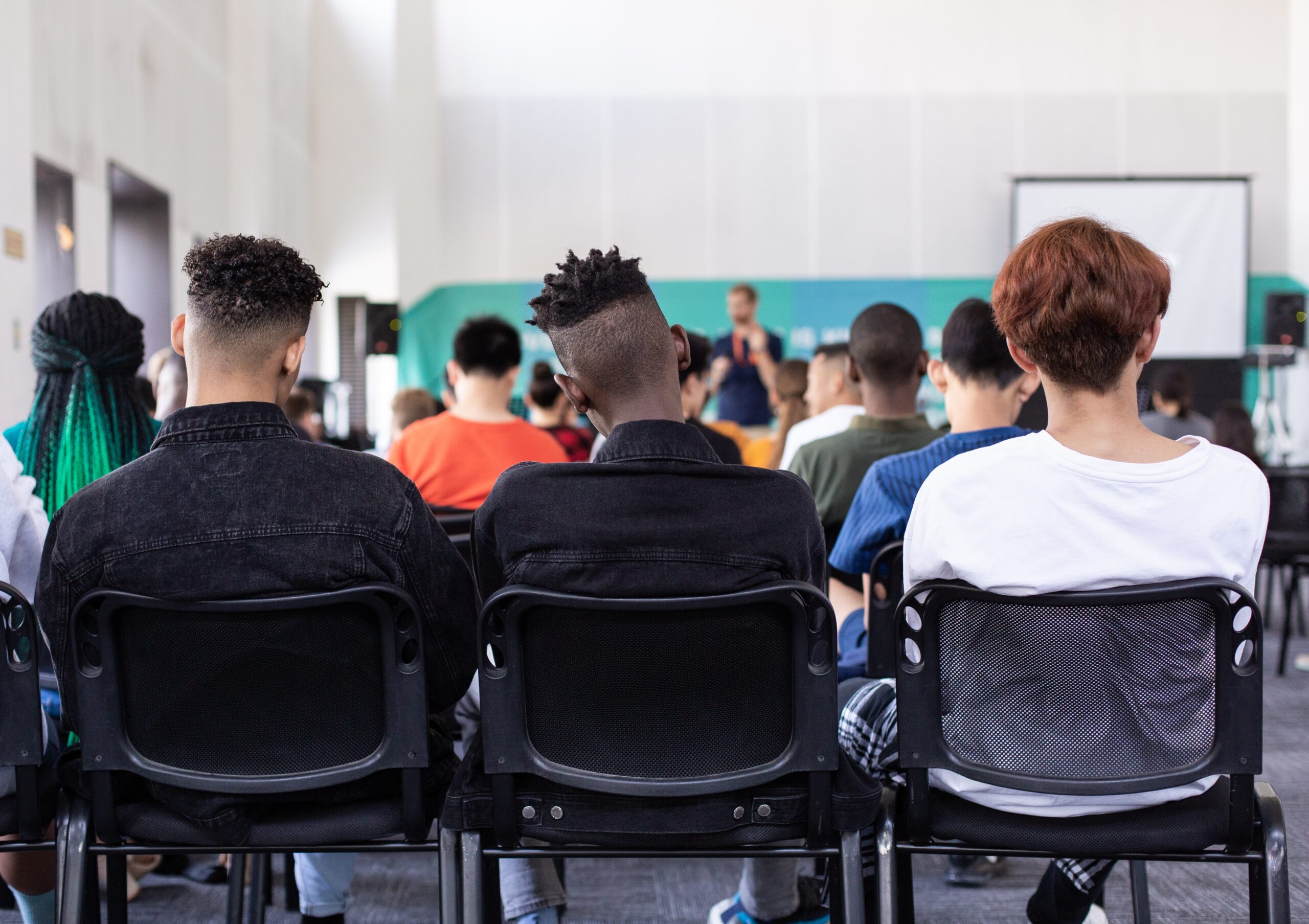School’s almost out! So, there is no time the present to talk about equity and education.
In the intricate journey of human advancement, the corridors of traditional educational establishments have often echoed uniformity. Yet, there’s a burgeoning movement to champion a more emergent and equitable approach to learning. We can all agree that the year 2020 became a hallmark of rapid transformation. Suddenly, parents were teachers, hall monitors, janitors, lunch ladies, bus drivers and tutors and many school systems scrambled to meet the burgeoning needs of their students. Forced to adapt almost overnight, educational structures began to realize the significance of flexibility and inclusivity. These tumultuous times catalyzed an essential re-evaluation, championing a more emergent and equitable approach to learning. Thus began the new dawn of educational philosophy and a reconstruction period for education as we know it.
Historically, the education system has mirrored societal hierarchies, often entrenching inequalities. But with the civil rights movements and progressive ideologies gaining ground in the 20th century, a push for a more inclusive and adaptive education became evident. Today, this ethos is embraced worldwide, with institutions recognizing the value of diverse thought and fostering environments where every voice matters. At its core, equitable education is about ensuring that every learner’s unique experiences and needs are acknowledged and catered to. Instead of a one-size-fits-all methodology, it celebrates diversity and individual potential. Simplified, it’s the idea that education should be a tailored journey, not a mass-produced product. Students should feel seen, heard, and understood, with the curriculum adapting to them, rather than the other way around.
In this reimagined educational landscape where equity leads, the role of the teacher would have to evolve dramatically. In fact, because of the demands of virtual learning, the role of the teacher already has. Instead of merely imparting information, educators become facilitators and co-learners. They set the stage for exploration and guide the process, but they’re also open to learning from the students. This approach prioritizes mutual respect and encourages learners to take an active role, fostering a community of inquiry and shared discovery. The emergent approach draws inspiration from various philosophies.
The Montessori method, for instance, places children at the center of their own learning journeys, emphasizing hands-on discovery and individualized pacing. The Sudbury model, on the other hand, is based on democratic principles, allowing students significant autonomy in deciding what and how they want to learn. It often involves students participating in administrative decisions, emphasizing respect, freedom, and responsibility. By amalgamating these philosophies, equitable education seeks to create environments where every student is empowered and engaged. And a forest/nature school model facilitates learning in an outdoor setting to teach principles of reciprocity and sustainability.
As we stride into a future characterized by rapid change, it’s imperative to have an education system that champions adaptability, inclusivity, and innovation. Equitable education isn’t just about fairness; it’s about preparing a generation to navigate complexities with empathy and wisdom. So what does this all mean? Only what you want it to. The reimagined philosophy of education doesn’t seem to be a trend, it’s evidence of a necessity that we have been trying to evolve for nearly a century. As we reshape our learning environments, we could also sculpt a brighter, more inclusive future for all.
Photo by Sam Balye on Unsplash

